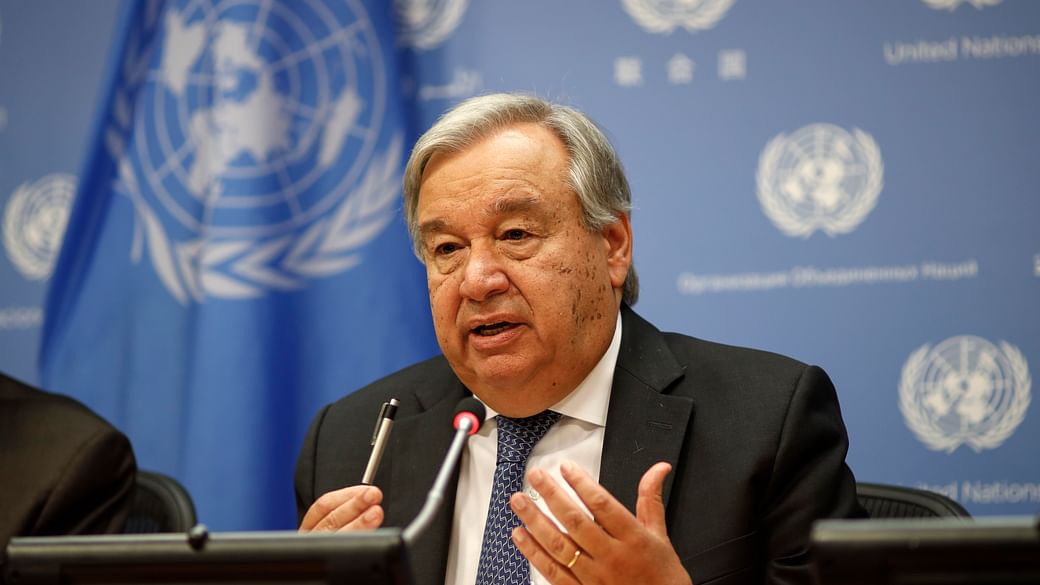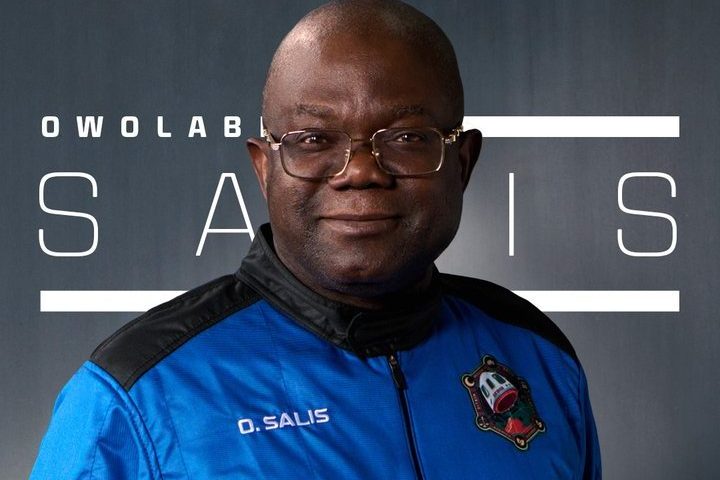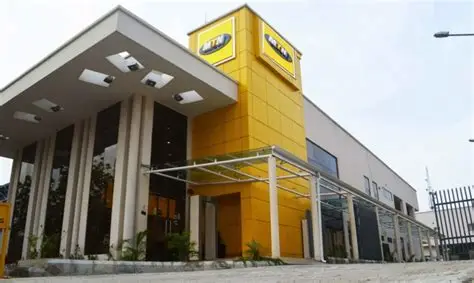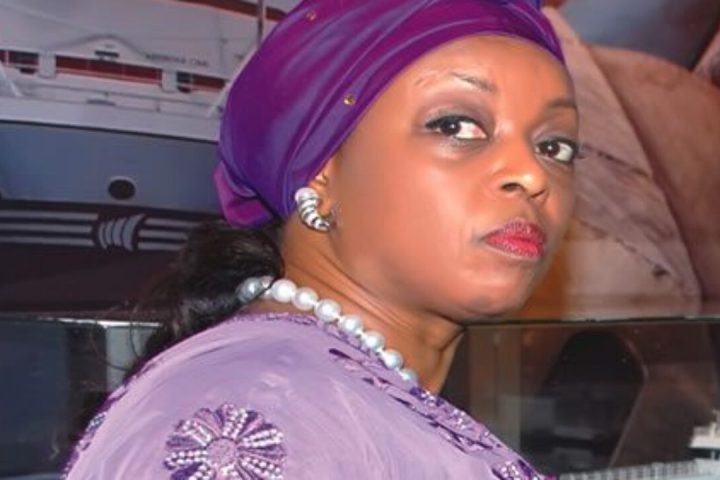As the world celebrate Day Against Trafficking in Persons, UN Secretary-General, António Guterres, has urged States to take action against human trafficking, where a third of all victims are children.
Guterres called on governments to take urgent steps to strengthen prevent, support victims, and bring perpetrators to justice.
Join our WhatsApp ChannelAccording to him, implementation of the United Nations Convention against Transnational Organised Crime and its Protocol to Prevent, Suppress and Punish Trafficking in Persons is the way to go.
He added that children were increasingly been targeted through online platforms for sexual exploitation, forced marriage, and other forms of abuse.
“Criminals everywhere are using technology to identify, control and exploit vulnerable people,” the UN chief said.
World Day against Trafficking in Persons is normally celebrated on July 30th of every year to raise awareness about human trafficking and to promote and protect the rights of victims.
Coinciding with this year’s World Day, the UN Office on Drugs and Crime has launched a campaign titled “Victims’ Voices Lead the Way.”
The global body hopes to put a spotlight on victims’ untold stories, and on their roles in the fight against trafficking through the campaign.
Ghada Waly, Executive Director of the United Nations Office on Drugs and Crime (UNODC), observed that “victims’ voices are key to preventing trafficking, supporting survivors, and bringing perpetrators to justice.”
Waly called on all Member States to support the fund and help amplify victims’ stories.
“Rather than being protected and assisted without discrimination as children at risk, child victims of trafficking are treated as irregular migrants.
“Or subjected to criminal prosecutions, and have their age and credibility questioned,” said UN-appointed expert on human trafficking, Siobhán Mullally.
Mullally called for action against trafficking, stating that racism, xenophobia and gender-based discrimination put the human rights of victims at risk and enabling those who carry out the illegal trade to continue with impunity.
“Instead of being identified as victims of a serious human rights violation, victims are being arrested, detained, denied assistance and protection,” he said.
Between July 2003 and December 2019, NAPTIP rescued a total of 14,688 victims of human trafficking.
In 2019, 203 cases of human trafficking were reported and investigated in Nigeria. 701 suspects were arrested, but only 25 traffickers were actually convicted. Despite the low number of reported cases and the even lower number of convictions, 1,152 victims of human trafficking in 2019.
Of those victims, 18.4% were rescued from foreign travel, which promotes prostitution. Additionally, of the victims rescued, 80.6% were female and half of them were minors. A 2017 report published by the International Organization for Migration showed that “Women and unaccompanied girls of Nigeria are among the most at risk of being trafficked for sexual exploitation.”
NAPTIP’s 2020 Report indicates that NAPTIP individually received 1,032 cases for investigation, completed 251 investigations, prosecuted 69 cases, (of the 239 received for legal opinion), with a total of 38 convictions.
In addition, NAPTIP said 11 of the 38 convictions (29%) related to the procurement of persons for sexual exploitation, with 9 convictions (24%) relating to fraudulent entry of persons.
According to the US State Department’s 2021 TIP Report, collective state and federal authorities investigated 409 cases, prosecuted 49 suspects, and convicted 36 traffickers, compared to a total of 943 investigations, 64 prosecutions and 27 convictions in 2019.

















Follow Us